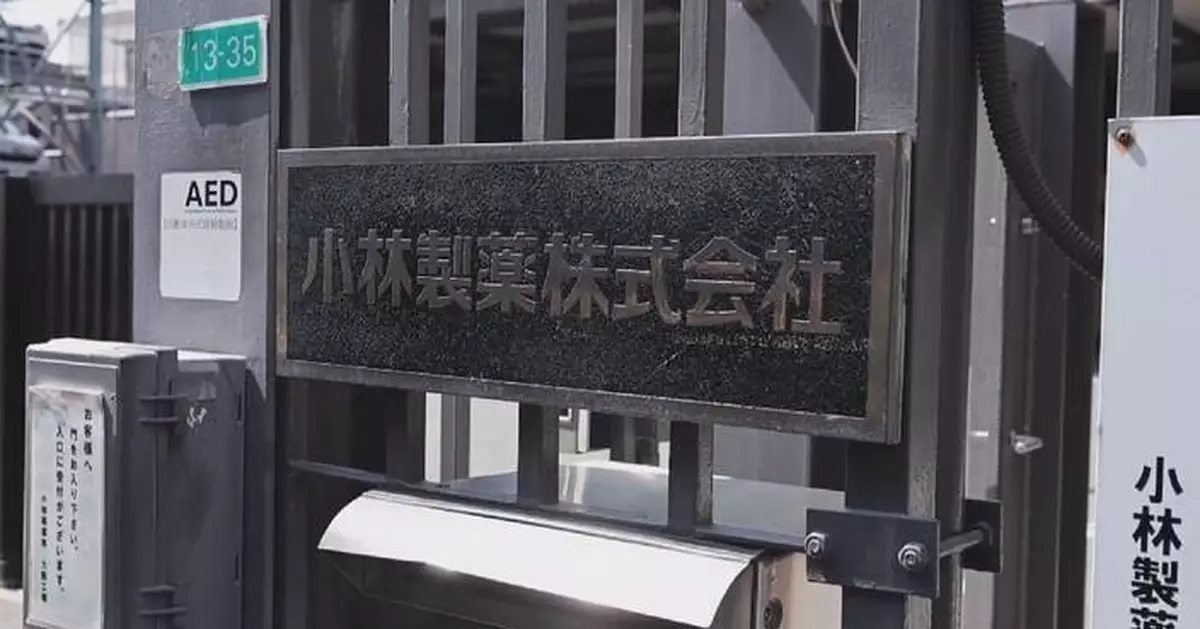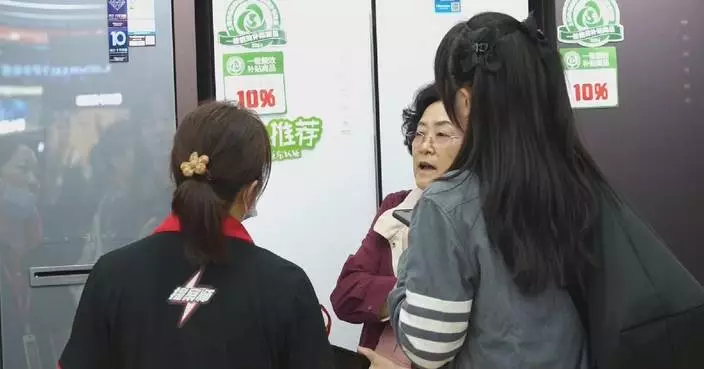At least two additional unintended substances have been found in some of Japanese drugmaker Kobayashi Pharmaceutical's dietary supplements with red yeast rice, or beni-koji.
The Ministry of Health, Labor and Welfare and the National Institute of Health Sciences on Friday confirmed the presence of at least two compounds not normally found in the supplements in an analysis of ingredient samples, adding it is not known yet whether these compounds caused any harm.
The products containing the beni-koji ingredient have been linked to numerous reports of kidney problems among people who ingested them.
The health ministry received samples of the beni-koji material produced over the past three years from Kobayashi Pharmaceutical, and the research institute has been analyzing the samples.
The Osaka-based pharmaceutical giant had earlier detected an unintended component called puberulic acid, derived from blue mold, in a batch of the supplements linked to health issues. Puberulic acid has antibiotic properties, but it is highly toxic and is not usually included in supplements.
The health ministry is working to identify the newly found compounds and the cause of the health problems.
Reports have emerged of five deaths and more than 240 hospitalizations related to these products, with more than 1,430 individuals are seeking medical consultation as of Thursday.

2 more unintended substances found in Japan drugmaker's red yeast rice supplements
A French student from the School of Chinese Language and Literature at Beijing Foreign Studies University recently called for more educational exchanges between the two countries.
During an interview with China Global Television Network (CGTN), Bouaoud Elies shared his experience living and studying in China.
After graduating from the business school at Beijing Foreign Studies University, Elies decided to stay in the country. He said he continues to study Chinese to improve his competitiveness and explore the huge trade opportunities between the two countries.
"I mean I love it here. I don't want to go back to France. I would like to become the bridge between France and China. So, if I can do this, thanks to the Belt and Road Initiative, the Silk Road, now the relations between France and China are very good. So, I think a lot of things will happen," he said.
Elies also said he hopes that more French students could visit China and develop a better understanding of the country.
France was the first major western country to establish full diplomatic ties with China, and the history of educational exchanges can be traced back more than a century and a half when China sent its students to France to study maritime affairs.
Since then, exchanges have deepened considerably.
"In China, we have established 14 French training centers. In France, we have established 19 Confucius Institutes. These institutions serve as bridges for mutual understanding and trust between the youth and people of the two countries, enhancing language and cultural connections," said Yang Dan, Director General of the Department of International Cooperation and Exchanges under the Ministry of Education.

French student calls for more educational exchanges with China











